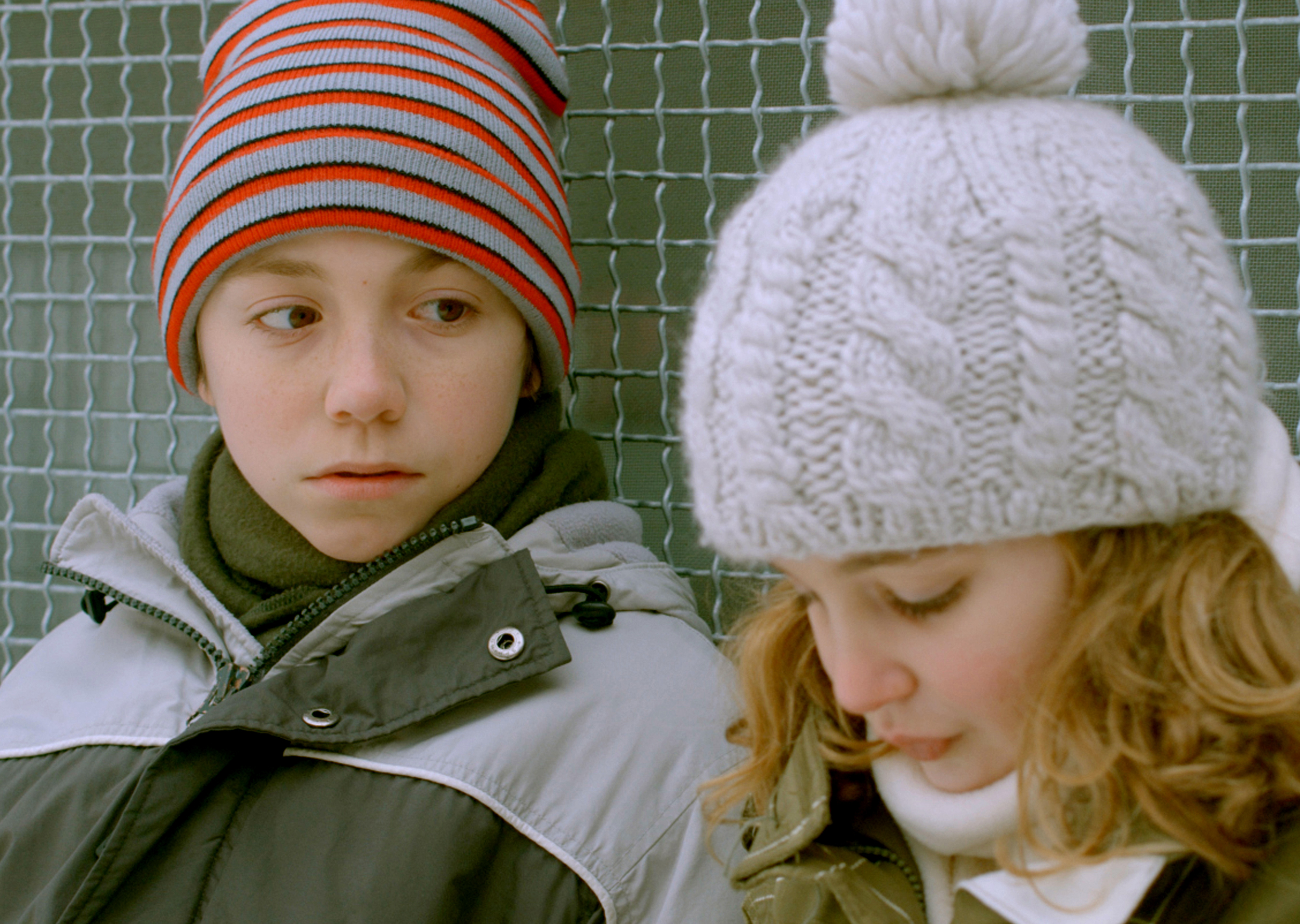Movie Review: “Monsieur Lazhar”

MUSIC BOX FILMS
"Monsieur Lazhar"
Directed by Philippe Falardeau
![]()
![]()
![]()
![]()
By Ruiling Erica Zhang
April 12, 2012 11:47 p.m.
Suicide is a jarring, tragic event that often cannot be explained. A teacher’s suicide, especially one committed in an elementary school classroom, is even more unthinkable. In “Monsieur Lazhar,” a French-language Canadian film, director Philippe Falardeau handles the difficult issue with sensitivity and grace.
An Oscar Award nominee for Best Foreign Language Film, “Monsieur Lazhar” is adapted from the play “Bachir Lazhar” by Évelyne de la Cheneliére.
Bachir Lazhar (Mohamed Fellag), a middle-aged immigrant who shows up at the principal’s office after learning about the incident in the newspaper, is soon hired as a replacement teacher.
A humble, well-read man who keeps to himself, Lazhar is not the kind of fairy-tale new teacher who swiftly restores all sense of hope and wonder to the kids. Never ill-meaning but a tad old-fashioned, on his first day, Lazhar rearranges the desks from a semi-circle back into rows and dictates a passage from a Honore de Balzac novel.
The teachers in the other classrooms, meanwhile, engage their kids in various creative ways. Making learning fun, as the film observes, is the method of pedagogy that has come to characterize modern western culture.
Lazhar gradually eases into his new environment, coming to know his class of kids and helping them move forward through the healing process.
But he himself is just as vulnerable, quietly dealing with his own personal tragedy, the loss of his family as a result of political violence in Algeria.
The film is visually very lush, perhaps owing to the cold weather and constant snowfall in Montreal, where the film is set and shot.
At times the film comes close to romanticizing the aftermath of tragedy. But for the most part Falardeau avoids it by confronting the issue with relentless honesty. The film ends at a very real place, almost brutal in its faithfulness to the reality of life and its irreversible consequences.
There is, however, a sprinkling of humor that prevents the film from weighing too heavily and celebrates the small joys in life.
The experiences of Alice (Sophie Nélisse) and Simon (Émilien Néron), two kids particularly troubled by the incident, are also brought to light.
Perhaps one of the greatest accomplishments of the film is its ability to feel timeless, address issues that are universal and, at the same time, be incredibly current and specific to the modern day.
The digital camera Simon uses to take pictures in class becomes a significant factor in the story, standing as an instrument for compromising privacy and with the power to inflict emotional violence.
Falardeau astutely observes and opens up the discussion to a current topic in schools regarding zero tolerance for teachers who make physical contact with the kids in any way, including hugs or pats on the back.
The fine line between teacher, nurturer, parent-figure, friend and figure of authority is ultimately shown to be too murky, thankfully, to be strictly observed.
Like Monsieur Lazhar, the film manages to win us over, speaking with much intelligence and heart.
Email Zhang at [email protected].


